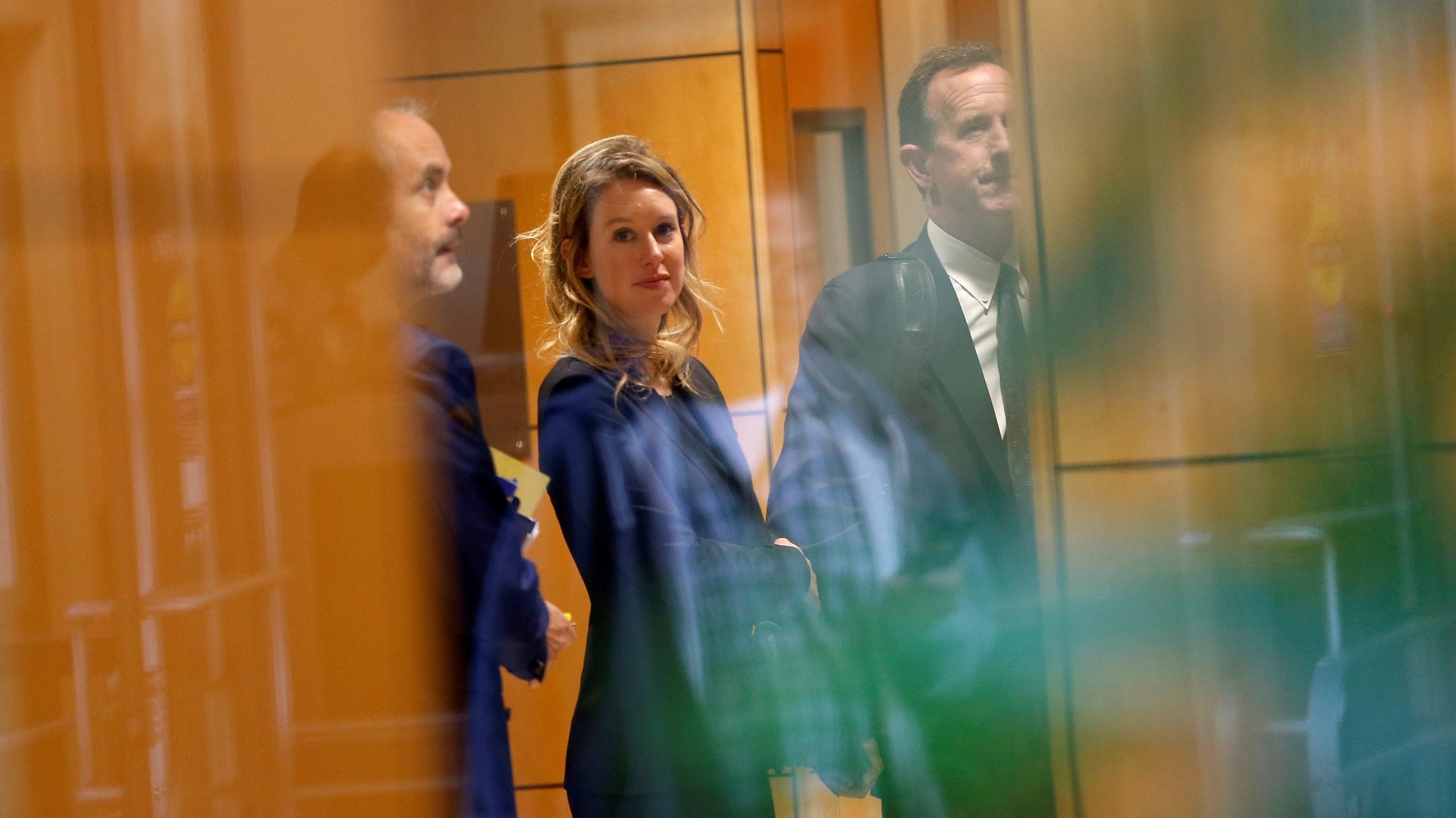How Safeway and Walgreens fell for the Theranos pipe dream
The dream Theranos was selling was enticing: Shoppers would come in and do a finger-prick test, buy their groceries, and take their blood-test results on the way out.


The dream Theranos was selling was enticing: Shoppers would come in and do a finger-prick test, buy their groceries, and take their blood-test results on the way out.
For grocery chains that had moved into prescription drugs and vaccine provisions, it was a bigger and better health-related opportunity to boost sales and profits. An archived Theranos menu shows hundreds of diagnostics tests priced between $2 and $110, and major chain stores couldn’t help but notice.
Safeway and Walgreens’ deals with Theranos
Safeway, which signed a contract with the blood-testing startup in 2010, spent nearly $400 million on the deal, the bulk of which went into remodelling 969 stores to build patient service centers. The company even hired 26 phlebotomists.
Around the same time, Walgreens paid Theranos $140 million, of which $100 million was an “innovation fee.”
Much to their chagrin, the rollout would not be swift and painless, and was mired by delays and distorted information-sharing. In November 2012, Burd wrote to Theranos, “I feel like a jogger running in place waiting for the stop light to turn green.”
The light never did turn green. After Wall Street Journal’s John Carreyrou penned an expose in 2015, extensive government investigations into Theranos and founder Elizabeth Holmes followed. The two retailers withdrew their deals, ending Theranos’ first public experiments. By 2018, the startup folded entirely.
Holmes is charged with 12 counts of fraud and conspiracy for knowingly misleading investors, patients, and doctors to profiteer from the technology her company was developing despite its redundancies. The 37-year-old who has entered a not guilty plea faces up to 20 years in prison if the courts decide otherwise.
The draw of Elizabeth Holmes
Safeway’s former CEO Steven Burd, who was with the company from 1993 to 2013, thought Theranos’ technology “was a fascinating concept,” he said during his trial testimony. He felt founder-CEO Elizabeth Holmes—a Stanford University dropout who founded Theranos in 2003—came across as charismatic, smart, and decisive.
“Not all CEOs are alike. She would rise to the top of the pile in terms of vision, in terms of command of the information,” the industry veteran said.
During his testimony, Walgreen’s chief financial officer Wade Miquelon also said Theranos was one of the “most exciting companies that we had seen.” In a March 2010 email to Walgreens’ then-CEO Greg Wasson, Miquelon wrote they “may have found the lead pony” among companies that offer diagnostic tests.
But soon, all that confidence would melt away.
Did Walgreens and Safeway do their homework?
Trials at Safeway’s corporate headquarters were going awry. In March 2011, when Holmes demonstrated the technology at a Safeway board meeting, the diagnostic device “made a bunch of noise” but did nothing else. The kits meant to deliver results in 20 to 30 minutes would sometimes take three to five days.
During the pilot projects, Miquelon learned that nearly all Theranos tests were being done on needle-drawn venous blood, when he believed most were supposed to be done with the finger-prick. Safeway noted the same.
But despite these red flags, the companies did little to vet the technology for reliability or accuracy.
Walgreens hired a lab to review Theranos’ tests, but instead of “taking the machine apart,” they were “interpreting data they were given,” Miquelon said in court on Oct. 13.
Both grocery chains consulted experts from Johns Hopkins University and the University of California, San Francisco, who deemed the idea sound, but did not get their hands on the device to test it themselves.
Miquelon testified that he was led to believe the firm was doing its blood testing using its own devices but prosecutors allege that Theranos was using third-party machines in most cases. Holmes is also accused of forging due diligence reports from pharma bigwigs like Pfizer and Schering-Plough, which the company used to lure Walgreens.
The beginning of the end of Theranos
In 2015, after the WSJ article, Safeway shelved the partnership. It later used the clinics for alternative services like flu shots and travel-related vaccines, which is not nearly as lucrative but at least they don’t collect dust.
Walgreens, which began testing in late 2013 in Palo Alto and Arizona, and had Theranos’ “wellness centers” in 41 locations at one point, ended the Theranos partnership in 2016. The company sued Theranos, eventually arriving at a settlement of less than $30 million.